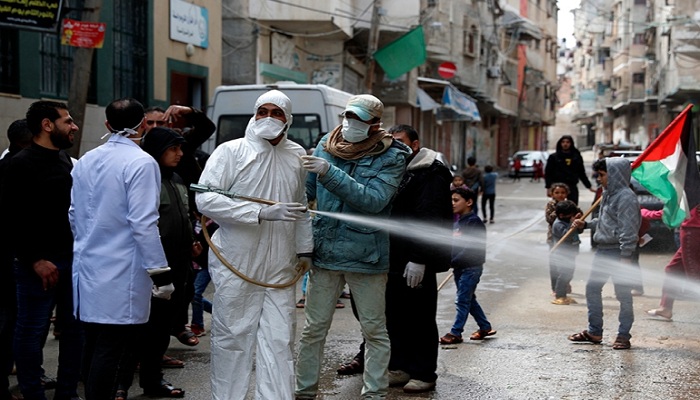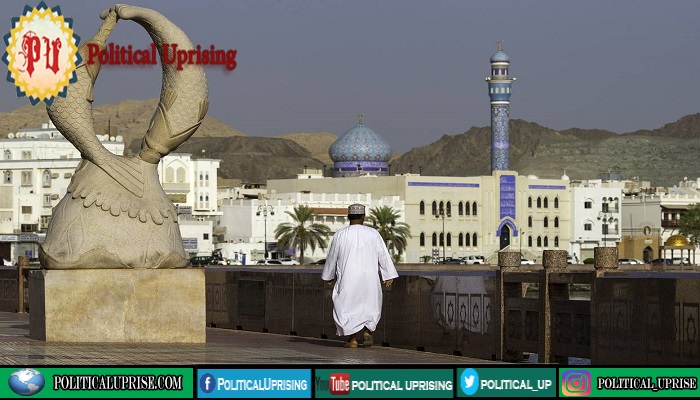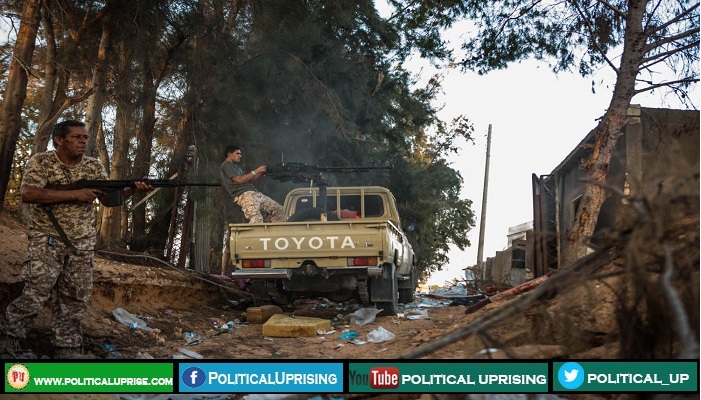Israel reached an agreement with Pfizer to supply 8 million doses to cover half its population while Palestinians waits not over.
Israel will begin rolling out a major coronavirus vaccination campaign next week after Prime Minister Benjamin Netanyahu reached out personally to the head of United States pharmaceutical giant Pfizer.
But millions of Palestinians living under Israeli control will have to wait much longer.
Israelis could soon return to normal life and an economic revival, even as the virus continues to menace Palestinian towns and villages just a few kilometres away.
Israel reached an agreement with Pfizer to supply eight million doses of its newly approved vaccine enough to cover almost half of Israel’s population of nearly nine million since each person requires two doses.
Israel has mobile vaccination units with refrigerators that can keep the Pfizer shots, developed with German company BioNTech, at the required minus 70 degrees Celsius (minus 94 Fahrenheit).
It plans to begin vaccinations as soon as next week, with a capacity of more than 60,000 shots a day.
Israel reached a separate agreement with Moderna earlier this month to buy six million doses of its vaccine enough for another three million Israelis.
Israel’s vaccination campaign will include Jewish settlers living deep inside the illegally occupied West Bank, who are Israeli citizens, but not the territory’s 2.5 million Palestinians.
They will have to wait for the cash-strapped Palestinian Authority, which administers parts of the occupied West Bank under interim peace agreements reached in the 1990s.
Israel captured the West Bank, the Gaza Strip and East Jerusalem, territories the Palestinians seek for their future state, in the 1967 Middle East war.
The PA hopes to get vaccines through a WHO-led partnership with humanitarian organisations known as COVAX, which aims to provide free vaccines for up to 20 percent of the population of poor countries, many of which have been hit especially hard by the pandemic.
But the programme has secured only a fraction of the two billion doses it hopes to buy over the next year, has yet to confirm any actual deals and is short on cash.
Rich countries have already reserved about nine billion of the estimated 12 billion doses the pharmaceutical industry is expected to produce next year.
Complicating matters is the fact that the Palestinians have only one refrigeration unit in the oasis town of Jericho capable of storing the Pfizer-BioNTech vaccine.
Ali Abed Rabbo, a senior Palestinian health official, said the PA is in talks with Pfizer, Moderna, AstraZeneca and the makers of a largely untested Russian vaccine, but has yet to sign any agreements beyond COVAX.
The PA hopes to vaccinate 20 percent of the population through COVAX, beginning with health workers, according to Rabbo.
“The remainder will depend on Palestine purchasing from the global supply, and we are working with several companies,” he said.
Both Israel and the Palestinian Authority have struggled to contain their outbreaks, which have fed off one another as people travel back and forth mainly tens of thousands of Palestinian labourers employed in Israel.

Israel has reported more than 366,000 cases, including at least 3,000 deaths.
The Palestinian Authority has reported more than 85,000 cases in the occupied West Bank, including more than 800 deaths, and the outbreak has intensified in recent weeks.
The situation is even more dire in Gaza, home to two million Palestinians, which has been under an Israeli and Egyptian blockade since Hamas was elected in 2007.
Authorities there have reported more than 30,000 cases, including 220 deaths.
With Gaza’s Hamas rulers shunned by the international community, the territory will also rely on the Palestinian Authority.
That means it could be several months before any large-scale vaccinations are carried out in the impoverished coastal strip.
Israel’s Deputy Health Minister Yoav Kisch told Kan Radio that Israel was working to attain a surplus of vaccines for Israelis and that “should we see that Israel’s demands have been met and we have additional capability, we will certainly consider helping the Palestinian Authority”.



